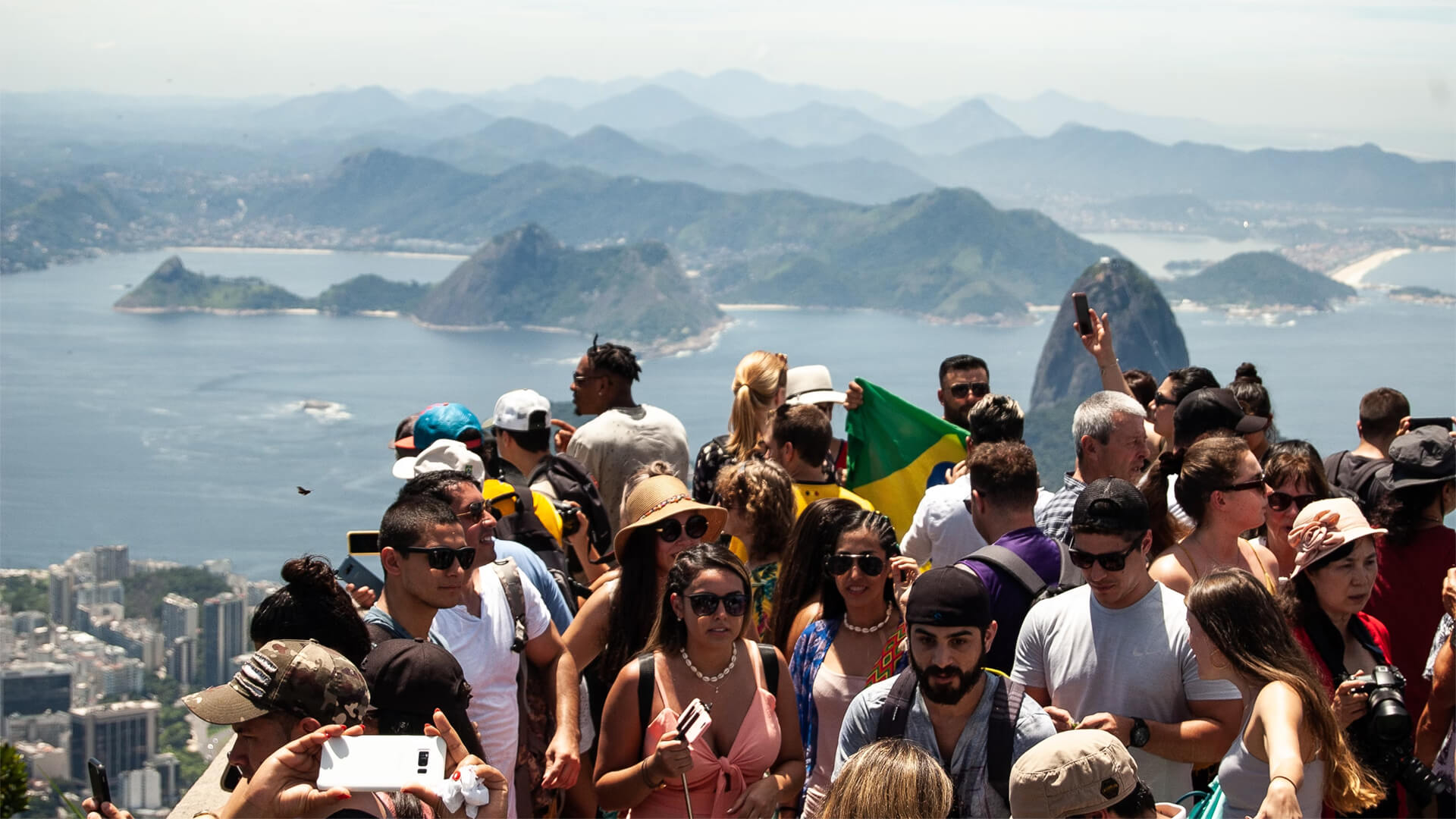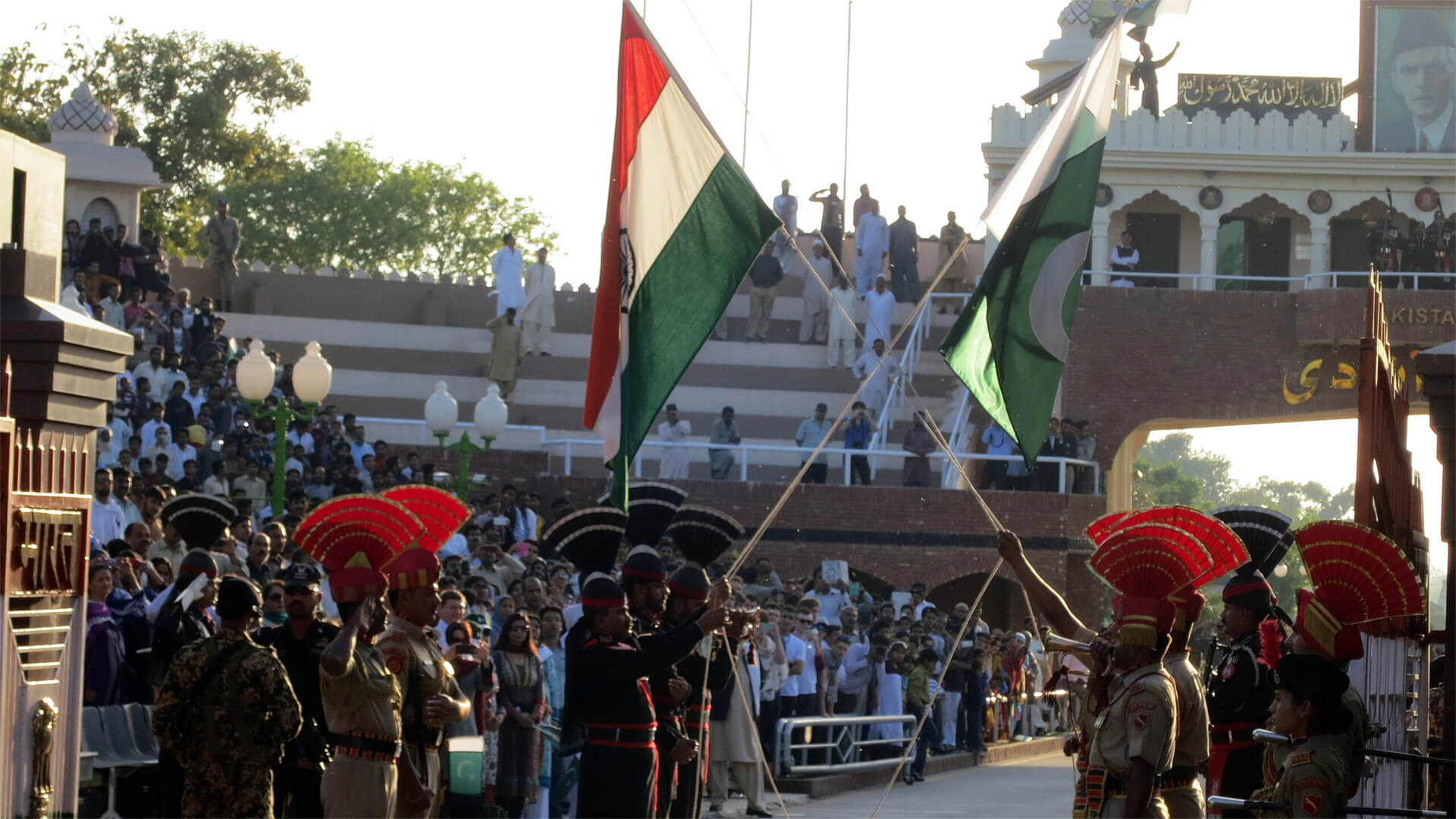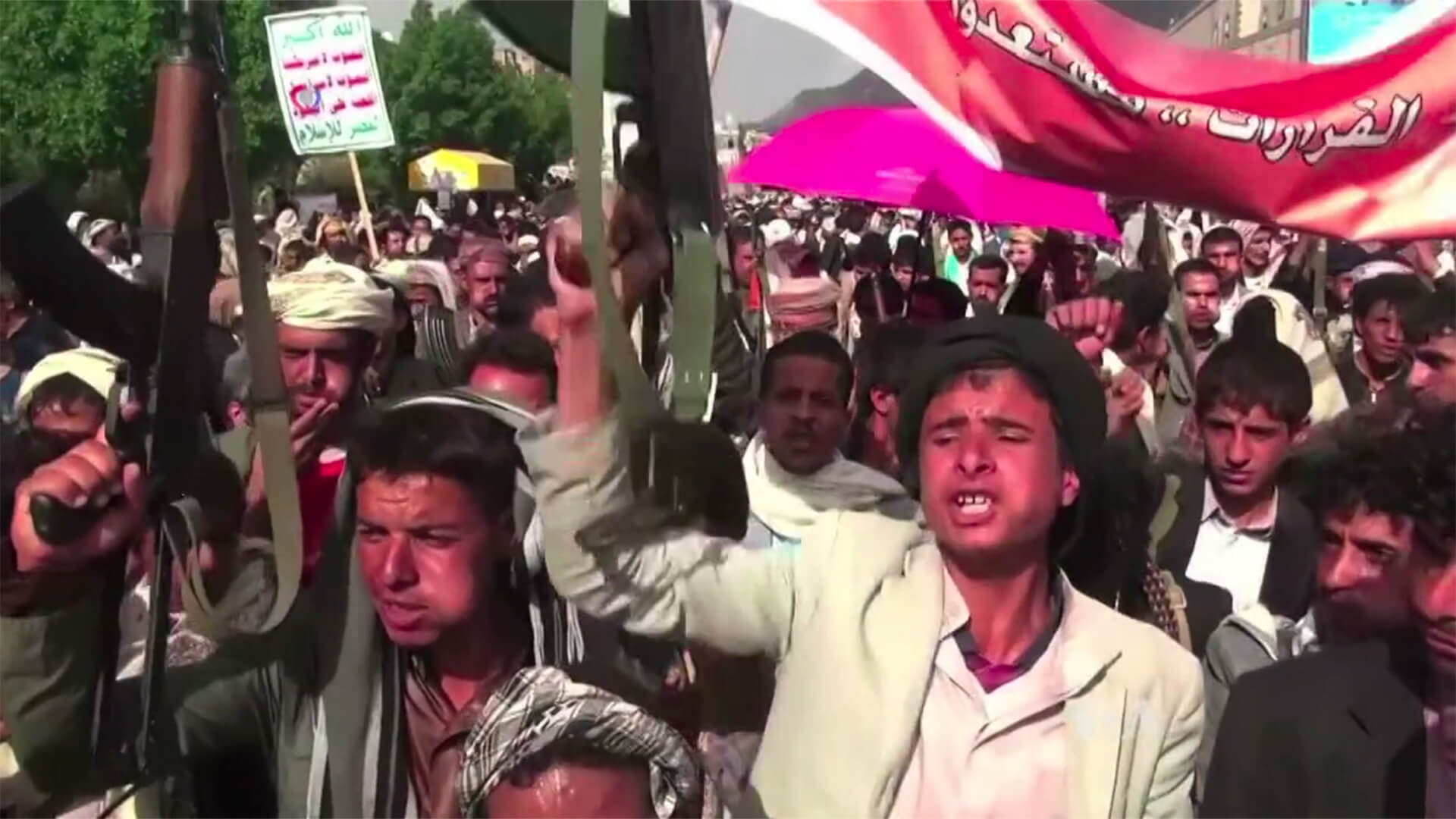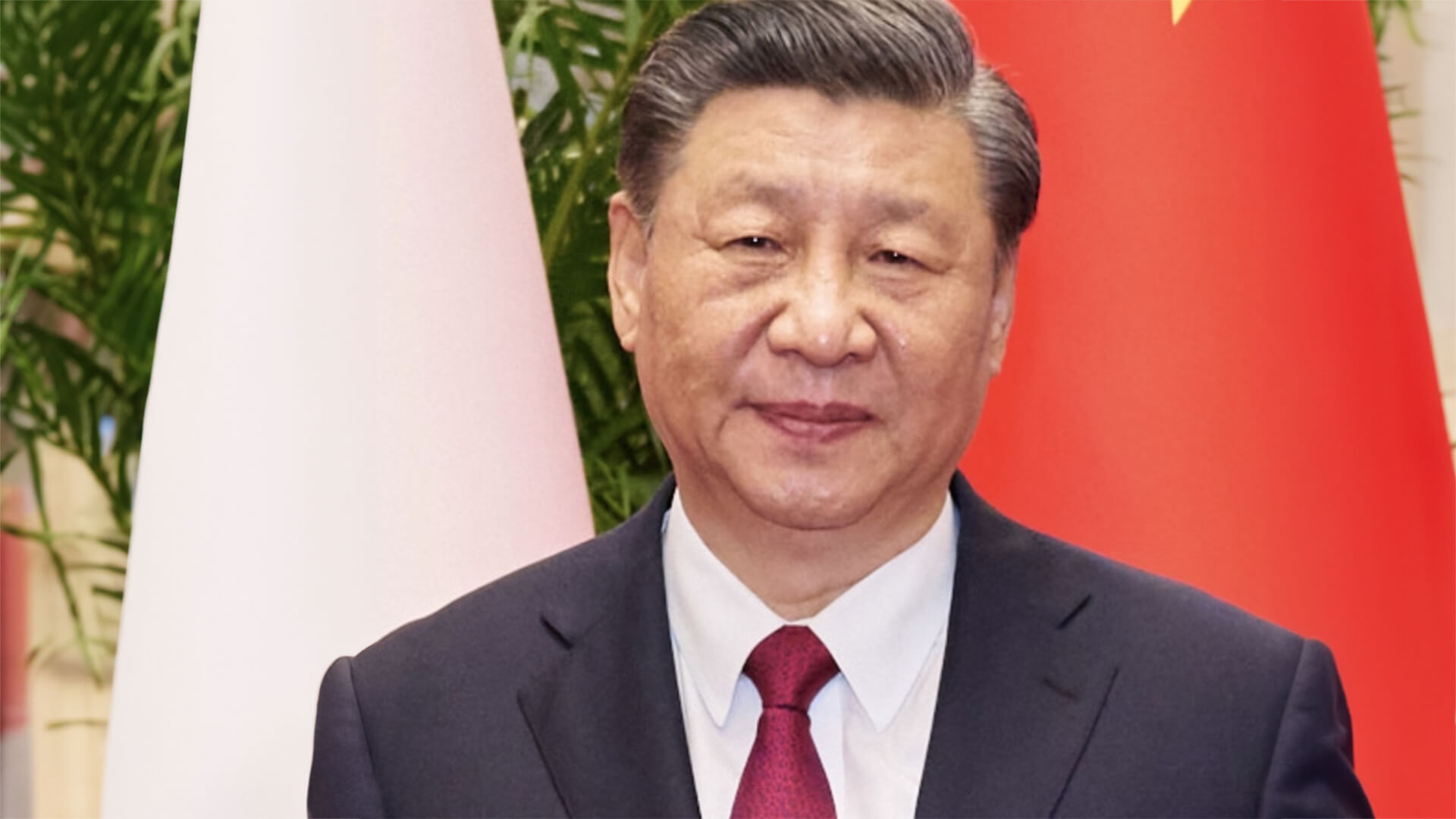We’re continuing our discussion on the future of tourism with a few new regions. Today we’ll be looking at some at-risk European countries, an unstable Middle East, and an uneven Southeast Asia.
Transcript
Okay. Next is Europe. Europe faces two situations as well. The first is clearly demographic, with countries like Germany and Italy just aging into obsolescence. You’re looking at the complete collapse of their industrial model over the next decade, which will take the entire social model with it, because without people to pay for the welfare state, oh, angry Germans, who are willing to protest and get sketchy, of course they’re going to be really old.
So it’s not going to have the same connotations that it might have, say, 50 years ago. The other piece of the equation. Yes. So, you know, got steep wobbling, financial collapse, industrial collapse, employment collapse. And on the other side, you’ve got the Russians who are going to push until the day that they can’t, obviously, unless you are into adventure tourism.
Russia and Ukraine are already out of the tourist list. And if the Russians are successful in Ukraine, they will push further west. The whole line of states, going roughly from Estonia down to Bulgaria are in some degree of danger, which means that all of them, all of a sudden become only the type of tourist locations that very specific types of tourists go to.
So if there’s anywhere in Central Europe that you are interested in now is absolutely the time.
All right, let’s see. Next up, the Middle East. Who? Everyone in the Middle East basically falls into one of three categories. Either they rely on oil income directly. Number two, they rely on oil income indirectly from another state, or they are Israel. All three of these categories look kind of sketchy. Oil requires a significant trans national trans oceanic transport system.
In any system where globalization is no longer a thing and no one is providing security on the water that is in danger. So the only oil producers that will continue to be oil producers are those that both can maintain control at home. Short list there, as well as cut a deal with a local or regional security guarantor in order to keep everything running from the oil point of view.
To get to an end user that eliminates sales to places like Japan or Korea, Taiwan or China, which is kind of the bread and butter for most of the Persian Gulf countries right now. So this gets really dicey really fast. The North African say Algeria have a much better position because they just have to get over to Europe.
But for the countries that are on the dole, you know, whether you are Morocco or Jordan or Yemen, the money’s just going to stop coming. So you should really count on that going away. And that just leaves Israel. Now, Israel imports three quarters of food, imports 90% of its energy, and there is no version of economic transformation that Israel is capable of where those two things go away.
So the only way Israel continues to be a viable state, especially if it’s going to be a tourism destination, is if it manages to cut a deal with a new regional security guarantor. That will not be the United States. The U.S. won’t have the reach of the interest that will be Turkey. So watch Turkey very closely for the next decade.
It’s probably going to be one of the fastest growing, most successful, most powerful countries, not just in the region, but in the world for decades to come. And how Israel makes its bed with the Turks will determine everything about the sustainability of the Jewish state.
And finally, Southeast Asia. Southeast Asia is the part of the world that I expect to do the best. Is the world to globalize after, of course, a little adjustment period, because it can pick up anything that the Chinese drop and has the perfect mix of demographic structure, geographic accessibility, a history of basically not going to war with itself.
It’s going to be a manufacturing powerhouse and kind of a globalization in miniature that the ten countries that are in the area, but not everything is the same for everybody. Some countries are going to do better than others. And kind of like with India, when you change the economic profile of a country really dramatically, you have people who win more than others.
And that will be nowhere more extreme in terms of differences than in Southeast Asia. So what will be true for Luzon and Java and Bangkok and ho Chi Minh City and, Hanoi will not be true for Mindanao or Sumatra or Lao or other places that are a lot poorer. Basically, you have this huge split within the region, and then among the region between the countries and the locations that can do very, very well in this sort of environment.
And those it can’t. And so, you know, this is going to sound really strange, of course, but when you want to go to another country, you need to do your homework first. And in the future, Southeast Asia is going to offer both the best and the worst.











